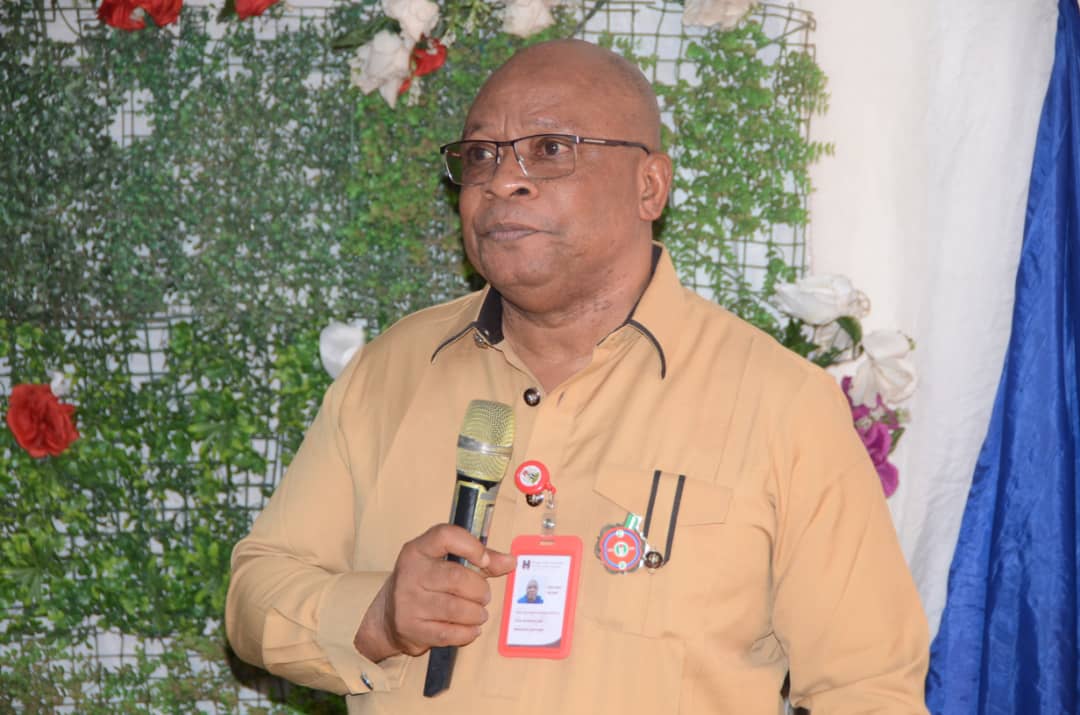GlaxoSmithKline Consumer Nigeria Plc’s decision to exit Nigeria has sparked significant concerns among notable politicians and stakeholders in the country.
Both Atiku Abubakar of the PDP and Peter Obi of the LP voiced their views on the matter, raising alarm about the implications of such exits on the nation’s economy.
Atiku Abubakar, through his Twitter handle, lamented the growing trend of foreign companies leaving Nigeria’s business landscape. He emphasized the need for the government to create a more conducive environment to encourage investors to stay and thrive. The former vice president called for a revamp of infrastructure, sustainable energy security, and a retooling of fiscal and monetary policies to attract and retain investments.
Similarly, Peter Obi expressed his sadness over GlaxoSmithKline’s exit, stressing the consequences of the cumulative mismanagement of the country’s economy. He highlighted the loss of jobs and the worsening poverty index, painting a grim picture of the impact on the nation’s human capital development. Obi urged a shift from a consumption-based economy to a production-oriented one, emphasizing the importance of creating an enabling environment for both local and foreign investments.
GlaxoSmithKline Consumer Nigeria Plc recently announced its complete withdrawal from Nigeria, choosing to switch to a third-party distribution model for pharmaceutical products. The decision came amidst supply constraints and foreign exchange non-availability, hindering the company’s ability to settle trade payables in foreign currency.
This move by GSK has raised concerns among pharmaceutical industry experts who fear that the withdrawal may impact local manufacturers who relied on the company’s technical expertise and marketing experience. The scarcity of essential drugs and soaring prices due to currency devaluation and supply chain disruptions have already posed significant challenges for pharmacists in the country.
Furthermore, shareholders of GSK Nigeria are left uncertain about the future of their investments as the company plans to submit a draft Scheme of Arrangement to the Securities and Exchange Commission. This could potentially lead to accelerated cash distribution and capital return, but final terms and approval remain uncertain.
The exit of GSK from Nigeria also raises broader concerns about the struggling economy’s impact on manufacturing firms listed on the Nigerian Stock Exchange. Shareholders are calling for comprehensive strategies to improve the ease of doing business and address challenges faced by companies in the manufacturing sector, such as high costs, reliance on imports, and infrastructural deficiencies.
In addition to the economic ramifications, the withdrawal of GlaxoSmithKline will have significant social implications. The company’s manufacturing facility in Agbara, Ogun State, employed over 400 highly technical workers, including pharmacists, microbiologists, biochemists, chemists, dentists, doctors, and others. Additionally, it provided employment opportunities for over 1000 other staff members, indirectly benefiting thousands of Nigerians across the nation. The departure of such a company could lead to a surge in unemployment and further strain on the already fragile job market.
As the nation grapples with these economic and social challenges, stakeholders are urging the government to take decisive actions to create a more favorable business environment and retain investments, thereby fostering sustainable growth and development in Nigeria.




